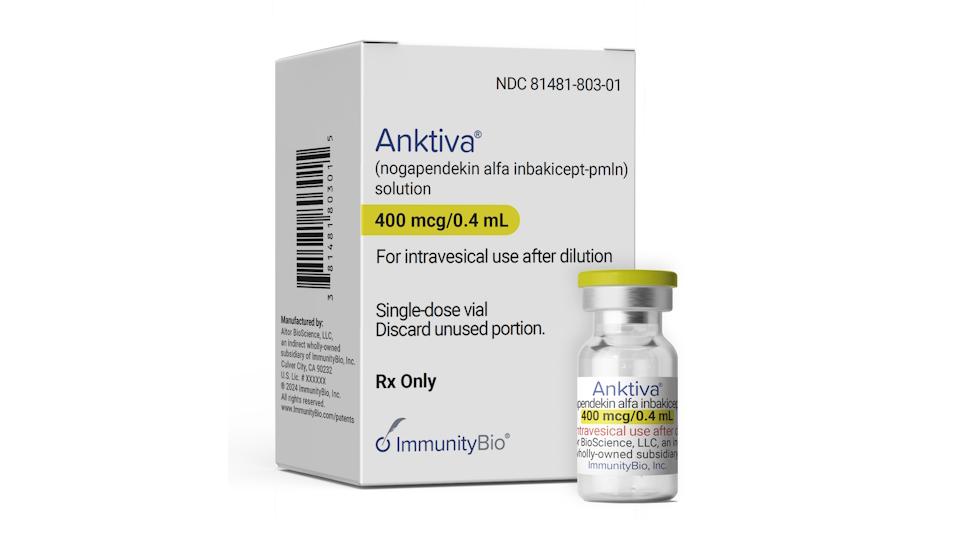FDA approves new uses for two Roche drugs

The FDA has approved two new uses for Roche drugs developed by its Genentech unit.
Roche's new cancer immunotherapy, Tecentriq (atezolizumab) gained approval in certain people with bladder cancer, while its older Lucentis (ranibizumab) has been approved for diabetic retinopathy.
Tecentriq got a fast approval in locally advanced or metastatic urothelial carcinoma (mUC) patients who are not eligible for cisplatin chemotherapy – the first cancer immunotherapy approved in this use.
This builds on two previous approvals in certain metastatic lung cancer patients and urothelial carcinoma patients after platinum-containing chemotherapy.
The latest approval was based on a single cohort of patients from the phase 2 IMvigor210 study, based on an endpoint of objective response rate and duration of response.
As the approval is based on early data, following a filing in January, Roche must verify the drug’s efficacy with later stage data.
Tecentriq works by targeting the PD-1/PD-L1 pathway, proteins found on the body’s immune cells and some cancer cells.
By blocking these interactions, the drug can help the body’s immune system attack cancer cells. Tecentriq is in competition with rivals such as Bristol-Myers Squibb’s Opdivo (nivolumab), Merck & Co’s Keytruda (pembrolizumab), which inhibit PD-1, while Merck KGaA/Pfizer’s recently approved Bavencio is an PD-L1 inhibitor.
AstraZeneca is also developing a cancer immunotherapy, PD-L1 inhibitor durvalumab, which is being developed in combination with tremelimumab in a range of indications including lung cancer.
Tecentriq is expected to become a blockbuster if approved in multiple cancer uses – with Jefferies Equity Research suggesting peak sales as high as $12.7 billion thanks to a vast array of different uses and combinations with other therapies.
Meanwhile Roche’s well established Lucentis (ranibizumab) has become the first drug approved to treat all forms of diabetic retinopathy, following a separate decision from the FDA.
With this latest decision, Lucentis is the first drug approved to treat diabetic retinopathy in people who have been diagnosed either with or without diabetic macular oedema (DME).
The FDA had approved Lucentis in people with DME in 2015. The approval in patients without DME was based on analysis a study funded by the US National Institutes of Health.
Lucentis was developed by Roche's Genentech unit. Roche has US marketing rights, while Novartis markets Lucentis in the rest of the world.













